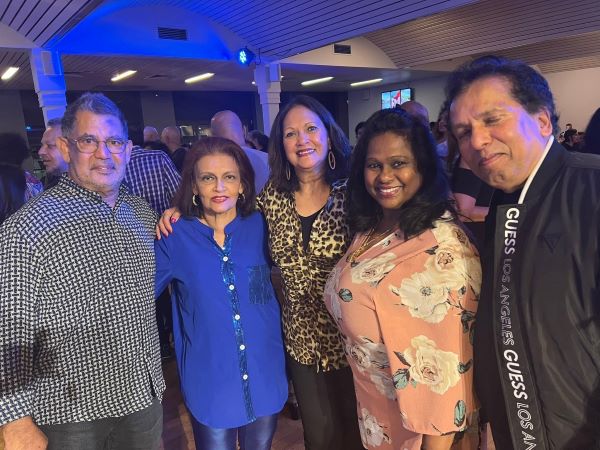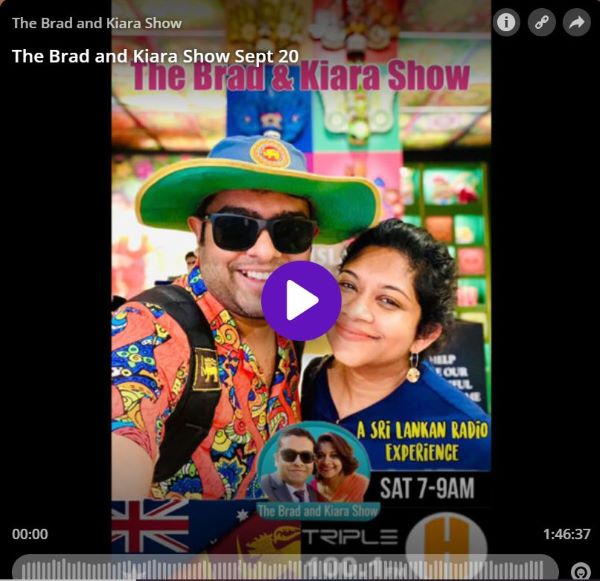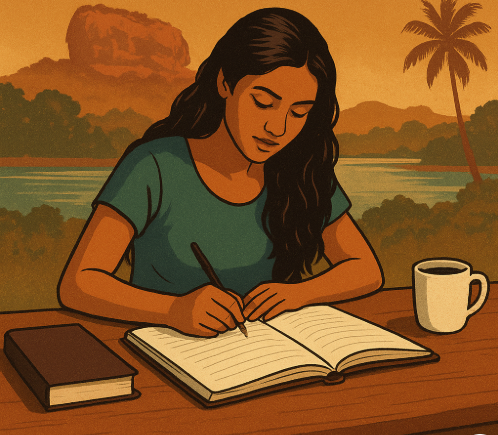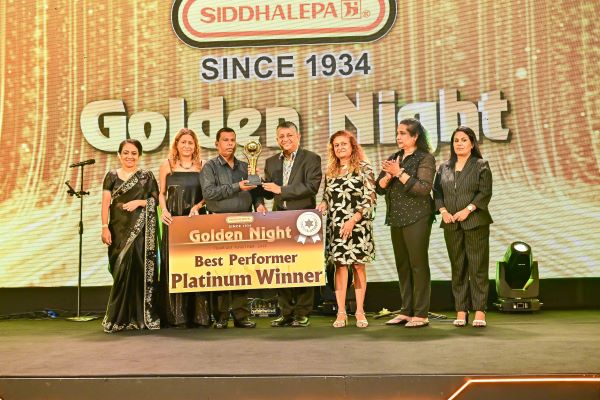Education for some but not for others: Learning support, disability, and free education-By Ramya Kumar

C. W. W. Kannangara: “Talents and ability are not confined to any social class or group and any social system must provide for their emergence by the provision of equal educational opportunities.” (from Kannangara Report 1943)
Source:Island
 Kuppi Talk stands for democratising education and educational spaces by addressing issues of access, (in)equality, exclusion and marginalization, within our education systems. This Kuppi Talk draws on conversations with principals/teachers, parents, and students, to look into the everyday forms of violence and exclusion experienced by children with special needs at our schools and universities.
Kuppi Talk stands for democratising education and educational spaces by addressing issues of access, (in)equality, exclusion and marginalization, within our education systems. This Kuppi Talk draws on conversations with principals/teachers, parents, and students, to look into the everyday forms of violence and exclusion experienced by children with special needs at our schools and universities.
“I could not concentrate or sit in one place, but this was not recognised as a problem by my parents or teachers…it was when I went extreme that the problem was identified, that is when I became violent …. I was bored … .my accumulated frustration finally jumped out as a cry for help.” – Lucky, University student
Lucky, a high performing student with special learning needs, enrolled at a state university, recalled how he faced humiliation, corporal punishment, a three-month suspension, and finally ran away from home to end up at a detention centre. It was only there that Lucky’s potential was recognised by a visiting doctor, who supported him to return to school. “I came out of this system by chance, despite the odds stacked against me, but there are many many children who do not.”
Sri Lanka endorses a policy of inclusive education. According to UNESCO, inclusive education is “a process of addressing and responding to the diversity of needs of all learners.” Implied in this approach is that students with special educational needs and/or disability must be supported to achieve their learning potential. Towards this end, schools and universities should create conducive learning environments that meet the individual needs of children. In reality, however, about a third of children with disabilities in Sri Lanka never go to school, and when they do, most are not identified to be in need of support.
As Deepthi, a parent whose son has special learning needs, explained, “Our education system assumes all children are the same, and, if they are not, there is something very wrong with them.” The Ministry of Education issues guidelines for schools to involve parents in their children’s education. However, this approach has resulted in teachers placing all the responsibility on parents, especially mothers. “When I went for PTA meetings, the teachers would make me feel that [my son] is abnormal and that I was not doing my job.” In fact, because teachers and school administrations do not understand the problem, schooling becomes a toxic experience. “My child was separated from the rest and frequently punished, but these measures did not address the issue.”
As Lucky pointed out, our education system does not have a mechanism to identify and support students with less obvious learning challenges. Instead, these children are punished, and even beaten, for disorderly conduct. Even if identified, there is no organised system for assessment and follow up, which means that parents, who often do not understand the problem, must cope on their own, resulting in poor academic performance and low-self-esteem, among such students. On the other hand, high-performing students, who have exceptional abilities, are compelled to follow the current system of rote learning, and become bored and disengaged, with adverse and far-reaching outcomes.
The Protection of the Rights of Persons with Disabilities Act of 1996 stipulates, “No person with a disability shall be discriminated against on the ground of such disability in recruitment for any employment or office or admission to any educational institution.” Accordingly, students with obvious special needs are admitted to special education units in our schools, but what happens once they get there? According to Shanthi, a principal of a school that caters to children with special needs, inclusive education has been watered down to “integrating” such students to the mainstream. “Rather than creating a learning environment that nurtures children with special needs, they are moulded to conform to mainstream education that has little to offer them.” Unsurprisingly, these children often do not perform well in school, and, in a vicious cycle, do not find gainful employment, and cannot live independently.
While certain private schools do have the resources, including trained teachers, to support children with special educational needs, such facilities are not accessible to the vast majority of children in Sri Lanka. Nayana, a principal of a village school in the Central Province, described the ad hoc manner in which a special education unit was set up in her school, with minimal support and resources. In Nayana’s school, of about 500 students, 25 plus children learn in the special education unit. Over half of them have autism spectrum disorder, followed by Down Syndrome, and other undiagnosed problems that make them “slow learners.” Despite varying levels of ability, these children make do with a small classroom and one trained teacher. Although the unit has three teachers—two with no training in special education—the requirement is much higher. The Department of Education appoints one teacher per five students with special educational needs (and one teacher per two students with autism), but most cadre positions remain vacant in village schools. This means that parents, mostly mothers, of children with severe disability, stay on at school to assist with their children’s education.
The education zone in which Nayana’s school is located has two other special education units, which are also desperately under-resourced: “We do not receive support from the educational authorities to develop these units.” As a result, they function as day-care centres without resources to empower students to function independently, making “integration” very difficult. Shanthi, the principal mentioned above, believes that “integration” is practically impossible, other than in rare occasions with high-performing students: “Most special education units do not have teachers with the required training, and the teachers in mainstream classrooms, who have even less expertise, must singlehandedly attend to the needs of “integrated” students as well as their classes.” A major factor here is the lack of strong programmes in special needs education, which means that we do not have teachers with sufficient expertise to teach visually- and hearing-impaired children, and those with neurodevelopmental problems.
In many ways, students with physical disability may have a better deal. Hiran, a university student with a severe physical disability, recalled his experience at primary school when his mother spent the entire day at school during his early years. While Hiran received tremendous support from his teachers and peers, who would go out of their way to move him from one disability inaccessible place to another, he could never function independently as there were no ramps, lifts, or disability accessible washrooms. While these challenges continue at university, where entering a lecture hall is challenging, the education authorities have failed to support students like Hiran to learn independently. The UGC provides little guidance beyond the additional 10 minutes per hour at examinations. Although the UGC’s quality assurance mechanisms recommend institutions to develop policies on disability, they do not provide human and other resources to ensure disability access and accommodation.
Yet, the law, as stipulated in the Protection of the Rights of Persons with Disabilities Act of 1996, states, “No person with a disability shall, on the ground of such disability, be subject to any liability, restriction or condition with regard to access to, or use of, any building or place which any other member of the public has access to or is entitled to use, whether on the payment of any fee or not.” While remedy for contravention of these provisions are included in the Act, the Disabled Persons (Accessibility) Regulations of 2006, lay down explicit disability accessibility standards, and also specify that all buildings/areas should conform to the standards within three years of the Act, that is by 2009. Twelve years later, in 2021, disability access remains minimal, including at schools and universities. Few seek legal redress, perhaps because judicial procedures are time consuming, expensive and do not offer quick results.
Free education is about equality of opportunity. As stated in the Kannangara Report of 1943, “Talents and ability are not confined to any social class or group and any social system must provide for their emergence by the provision of equal educational opportunities.” Yet, a section of our country’s children are bereft of educational opportunities as the education system fails to support them, and instead relegates their care and education to parents, especially mothers. Last month, the Minister of Education, responding to the threat of continuing trade union action by principals and teachers, declared, “Let us all join hands to give the children of this nation the opportunity to enjoy the right to free education, and thereby protect free education for all.” Rather than coopting free education to undermine trade unions, the Minister should do his job and take steps to protect free education for all, including children with special learning educational needs and disability.
*Names are replaced with pseudonyms.
(The author is attached to the Department of Community and Family Medicine, University of Jaffna)
Kuppi is a politics and pedagogy happening on the margins of the lecture hall that parodies, subverts, and simultaneously reaffirms social hierarchies.























